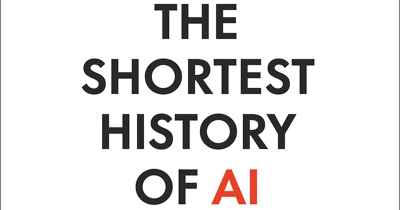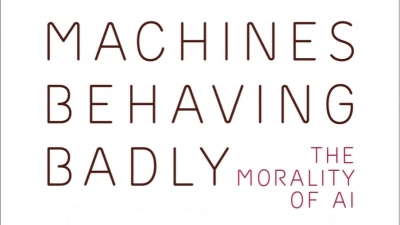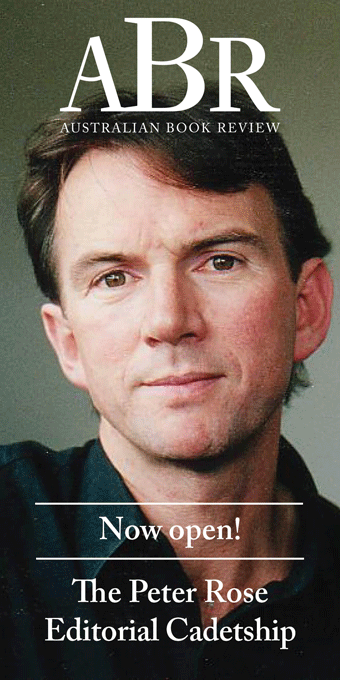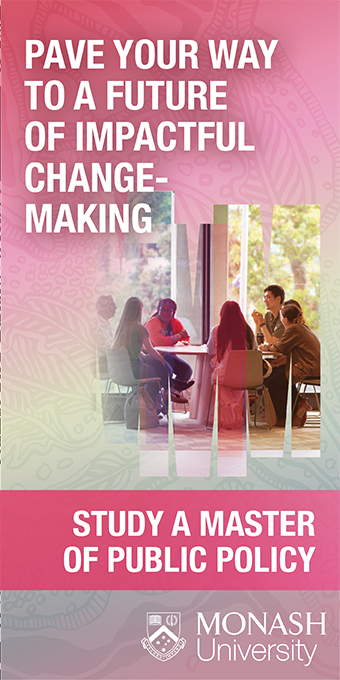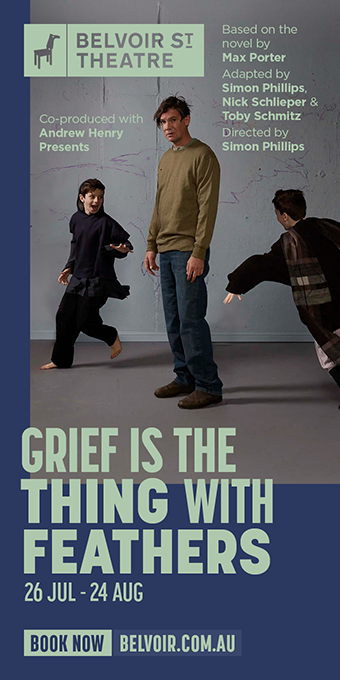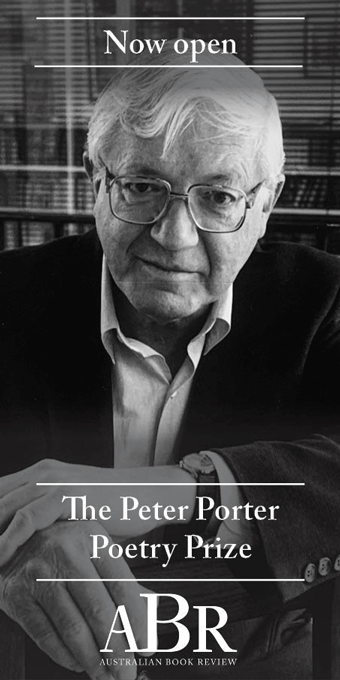We like to think that we would stick up for ourselves after being wronged. No one wants to be a coward. Often, though, faced with the realities of power, wealth, and superior resources, we shrink from the good fight. More worryingly, humans can misdiagnose or externalise an issue, rationalising it away. We take a problem grounded in interpersonal relationships, politics, or some other social arrangement, and convince ourselves it is an objective, natural state of being. After all, as distinguished artificial intelligence researcher and author Toby Walsh, author of Machines Behaving Badly: The morality of AI, says: ‘We are, for example, frequently very poor at explaining ourselves. All of us make biased and unfair decisions.’
...
(read more)



